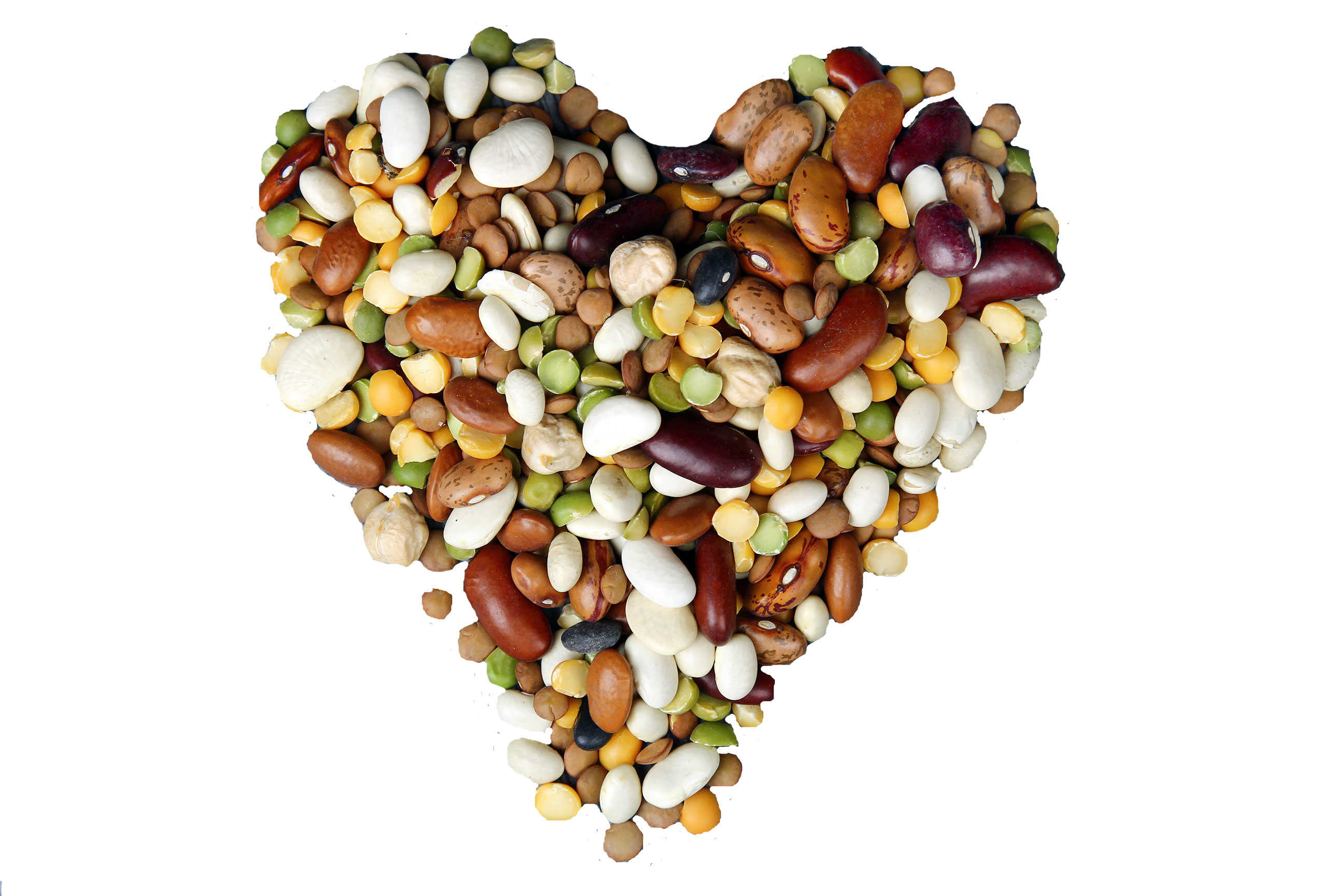
This article was contributed by – Debbie J., MS, RD
Turn Back the Clock
If you enjoy gaining an “extra” hour when Daylight Savings Time ends, how about gaining some extra quality years on your life? Slowing the aging process is more than a dream or fictional fountain of youth. Theoretically, it can be done by reducing cell division and promoting cell rejuvenation and regrowth. Beyond the cellular level, aging is also about the health status of your mind and body.
You Are What You Eat
What you eat significantly impacts your body. American diets are generally too high in omega-6 fatty acid sources (pastries, beef, chicken, fried foods) and high refined sugar foods (sodas, candy, cake, doughnuts), while low in omega-3 fatty acid sources (salmon, soybeans, walnuts, flax seeds). This imbalance may trigger inflammation (think irritation, not swelling). Over the years, inflammation negatively impacts nearly all body functions, which can trigger chronic diseases, such as diabetes, obesity, neurodegenerative diseases and autoimmune disorders.1
Brain deterioration may result from insufficient or too much trace minerals. The main causes of brain deterioration are tissue damage, cell death and the influence of certain enzymes. Brain cell DNA is also susceptible to damage by oxidation. This damage to DNA plays a role in Alzheimer’s dementia.2
Additionally, oxidative stress decreases nitric oxide (NO), which normally increases blood flow to skeletal muscle, enhances glucose uptake and impacts insulin action. Increased oxidative damage is a major underlying cause of decreased skeletal muscle strength and mass with age. Furthermore, it is also a contributor to age-accelerated vascular injuries and eye problems.
To summarize, nutritional anti-aging goals are to (1) prevent chronic disease (primarily inflammation), (2) preserve brain function, and (3) maintain muscle tissue.
If your concern with aging is wrinkles, check out these helpful tips.

What Can You Do?
Antioxidants to the rescue! Because of their scavenger activity, some antioxidants are known to be neuroprotective. Eating an ample diet of antioxidant-rich fruits, vegetables, legumes, nuts and seeds, (complemented by whole grains, seafood, lean meats, and milk) will also help protect against other aging effects caused by oxidative damage. To optimize brain function, have adequate but not excessive iron, copper and zinc. To do so, try to eat beans, seeds, mushrooms, dark leafy greens, whole grains, lean meats and oysters.
While you may want to seek out a sole dietary gem, don’t focus on individual foods, but on your overall diet pattern.

Heart Healthy
It’s suspected that healthy diets help improve cardiovascular health by reducing inflammation3. The biggest impact on inflammation is from a Mediterranean-style diet with an abundance of fruits, vegetables, legumes, grains, and which includes high monounsaturated fatty acids and omega-3 fats.4 This type of diet has a lower glycemic load, and is higher in fiber, magnesium, carotenoids, and flavonoids, which help reduce inflammation.4 Ginger, curry and other spices also have an anti-inflammatory effect.
Research suggests that replacing meat with legumes several times a week can have a positive impact on longevity, diabetes, cardiovascular disease and weight management. This beneficial impact may be due to the favorable effects on the gut microbiome. Additionally, mild calorie restriction is somehow associated with longer lifespans, though the mechanism is unclear. Perhaps because it slows the rate of cell division by limiting building materials. 5
What About Supplements?
Supplemental fish oil has health benefits for specific age-related diseases, but doesn’t slow aging or impact lifespan. Additionally, supplemental conjugated linoleic acid (CLA) has been shown to prevent the development of atherosclerosis, reduce body fat while improving lean body mass, and regulate immune and/or inflammatory responses. 6
Disclaimer: This blog post should not be construed as medical advice. Do not attempt to change your diet, fitness routine, or any other activity related to your health without first obtaining the advice of a medical professional.
References:1) Diet and Inflammation: Possible Effects on Immunity, Chronic Disease, and Life Span. C Ricordi, M Garcia-Contreras, S Farnetti. 2015 Journal of the American College of Nutrition. 34 Supple 1:10-13. 2) Repair of oxidative DNA damage, cell-cycle regulation and neuronal death may influence the clinical manifestation of Alzheimer’s disease. AR Silva, et al. 2014 PLoS One. Jun 17: 9(6): e99897. 3) Diet and Inflammation: a Link to Metabolic and Cardiovascular Diseases. K Esposito, D Giugliano. 2006 European Heart Journal 27, 15-20. 4) Diet and Inflammation. L Galland. 2010 Nutrition in Clinical Practice Dec; 25(6): 634-640. 5) Essential Role for Autophagy in Life Span Extension. F Madeo, et al. 2015 The Journal of Clinical Investigation. Jan 2; 125 (1): 85-93.What Are the Roles of Calorie Restriction and Diet Quality in Promoting Healthy Longevity? W Rizza, et al. 2014 Ageing Research Reviews. Jan; 13: 38-45. 6) Conjugated Linoleic Acid: Potential Health Benefits as a Functional Food Ingredient. JH Kim, et al. 2016 Annual Review of Food Science and Technology 7: 221-244.

